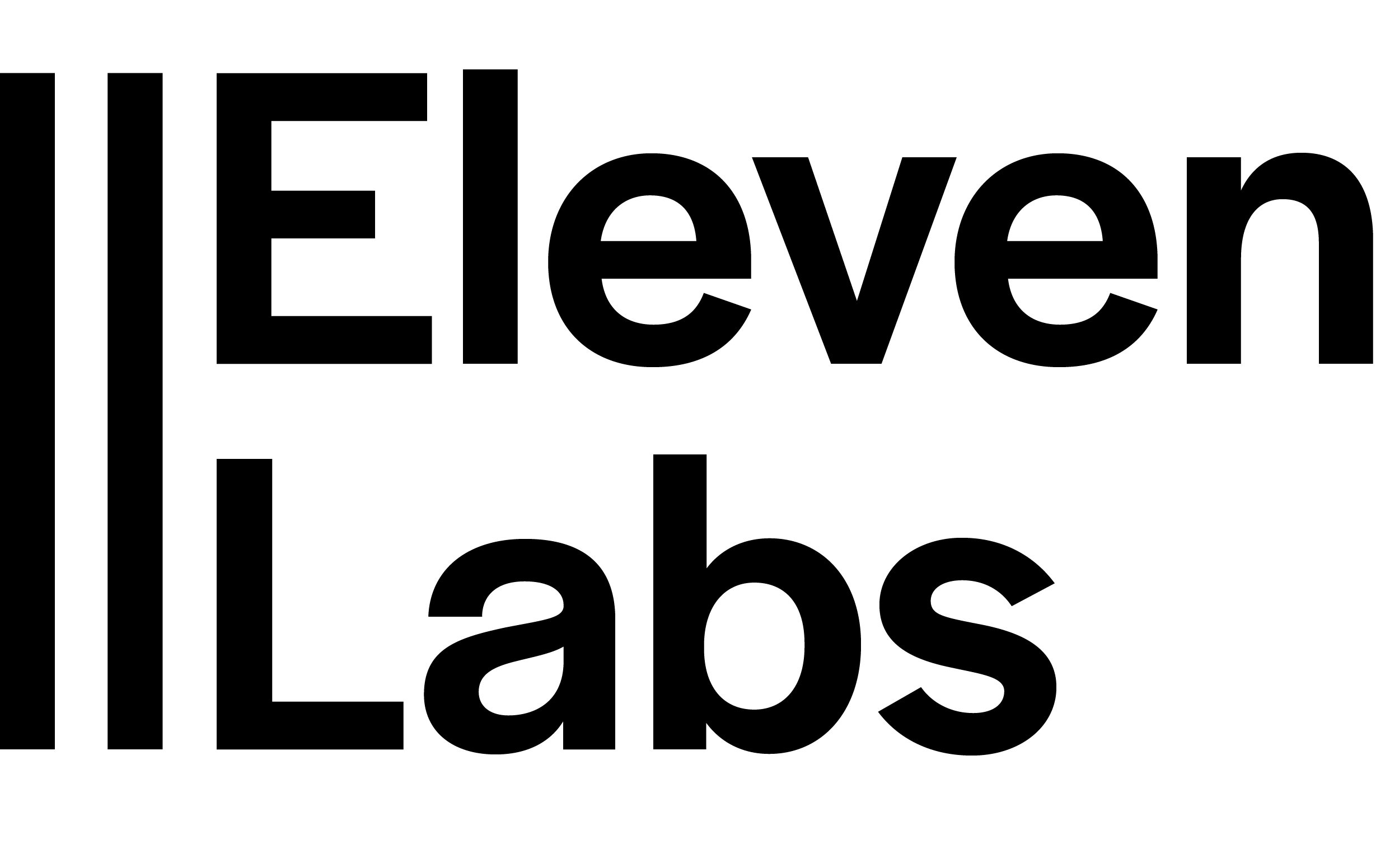Monetization Threatens Equitable Transformation
daiverse
Saturday, 10 February 2024 09:45

AI monetization by tech giants has raised concerns about equitable access. Subscription models for AI models hinder its widespread adoption, exacerbating existing inequalities and limiting AI's transformative potential. Finding a balance between incentivizing AI innovation and ensuring equitable distribution is crucial. Tech companies must strike a delicate equilibrium to reap investment rewards while fulfilling AI's promise to empower all of society. Failure to address this conundrum may lead to a concentration of AI wealth, perpetuating inequalities and hindering AI's societal impact.
The implications of AI monetization extend beyond corporate profits. The accumulation of AI wealth by a select few could exacerbate existing disparities and hinder the widespread adoption of AI, limiting its transformative potential for society. Ensuring equitable access and fostering inclusivity is essential for AI to fulfill its promise as a force for good.
- clone your own voice
- choose from thousands of voices
- reach audiences worldwide in 32 languages
tags
 natural ai speech synthesis
natural ai speech synthesis